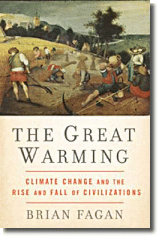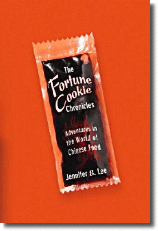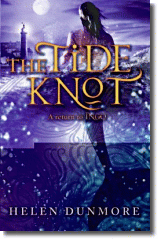Did you draw inspiration from any real life events or acquaintances when you developed this story?  One incident I drew from emotionally happened in my senior year of parochial high school. My friend and I had some free time in the afternoon, so we headed for the cafeteria. The radio was playing on the PA, and over in the corner a crowd of jock guys from assorted grade levels were standing in a closed circle, clapping, stomping, jeering and yelling, "Go! Go! Go!" My friend and I were like, What the...? and walked over to take a look.
One incident I drew from emotionally happened in my senior year of parochial high school. My friend and I had some free time in the afternoon, so we headed for the cafeteria. The radio was playing on the PA, and over in the corner a crowd of jock guys from assorted grade levels were standing in a closed circle, clapping, stomping, jeering and yelling, "Go! Go! Go!" My friend and I were like, What the...? and walked over to take a look.
We peered through the crowd and saw another senior, a quiet, stocky kid who'd been tormented his entire high school career, trapped in the middle of that raucous circle. His school uniform was disheveled, his necktie knotted up around his forehead and he was dancing frantically to the music, face beet-red, sweating bullets, desperate-eyed and unable to escape through the closed ranks.
Now, I was no angel and probably caused my share of heartache making it through, but when I saw this I freaked and without even thinking, elbowed through the crowd, grabbed this kid's arm, said, "Come on," and we plowed right out of there. I was so angry that I don't know what I would have done if the circle hadn't dissolved in grumbling and let us pass.
Which begs the question why? Why did they let him go then, when they wouldn't before?
Was it because someone had stood up for him, or because they were just looking for something to do, and figured they'd pass the time torturing him until it became inconvenient? Maybe they knew they could start back up on him later, when he was alone again, or maybe it was something as simple as deflating the mob mentality. Who knows? I still don't.
Anyhow, we went and sat in the courtyard, me furious, him humiliated and exhausted. We'd never spoken to each other before but that afternoon we hung out talking (and I'm pretty sure we each cut some classes to do it), about the different ways he'd been tormented, from the jock girls whining "Ewww!" and shrinking away whenever he walked by or changing their seats in class so they wouldn't have to sit next to him, to rougher locker room crap and just generalized cruel, constant mocking.
He was funny, kind, shy, lonely, smart and interesting. Maybe a little scarred from a rocky home (and school) life. He was also visible but powerless, and his normal days at school were hell on earth.
We became friends for the rest of the year, stayed in sporadic touch for a long time afterward, and lost track of each other about seven years ago, when he and his family moved, and left no forwarding address. I hope he's reaping the happiness in his adult life that was denied in his teen years because he didn't deserve that kind of treatment.
I also drew on knowing kids who came from party houses where almost any activity short of wrecking the place was fine, houses where the parents were hardly ever home, and from houses where at least one parent was always there to supervise. Kids who were encouraged to be whimsical, creative, adventurous, and kids who were constantly being groomed, molded, criticized, punished and pushed to be better, faster, more perfect, we have expectations and you must conform and fulfill them NOW.
Intense stuff.
So, inspiration came from many places: stories, research, journals, news, memories, triumphs, tragedies, imagination...all combined, simmered and fictionalized.
.
.
.
.



































